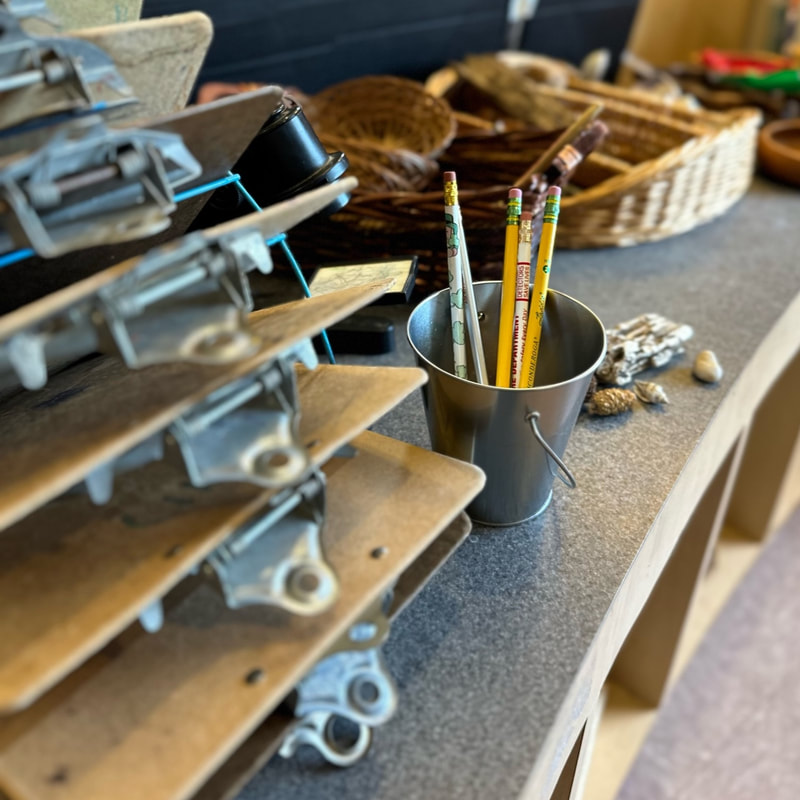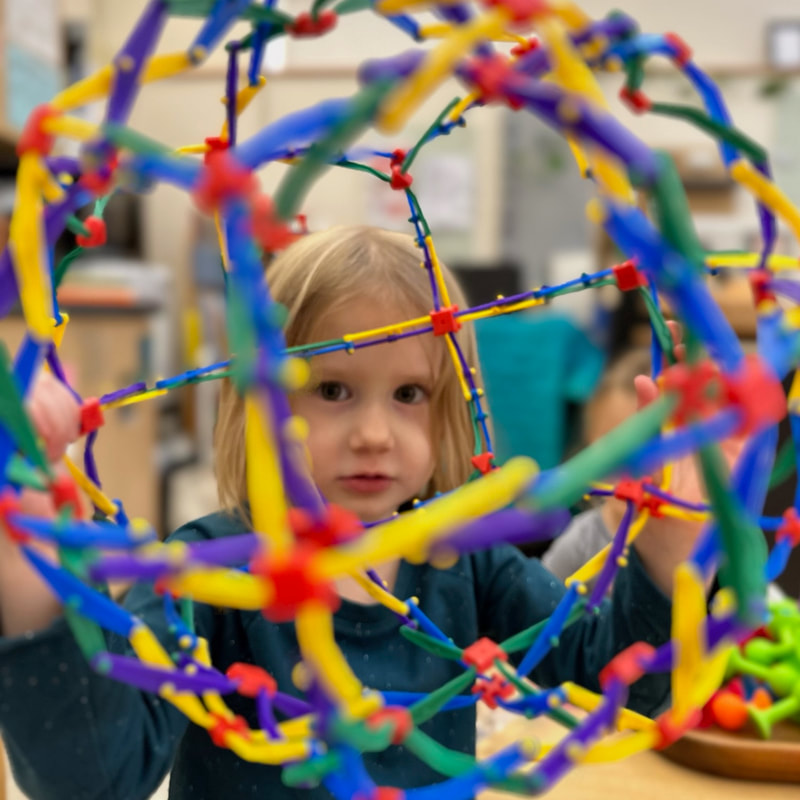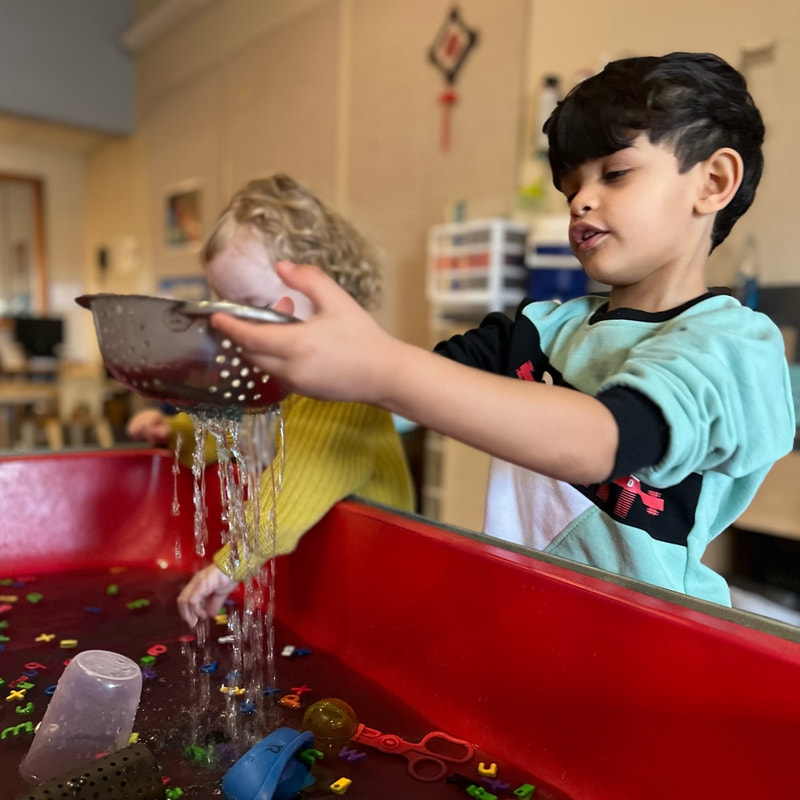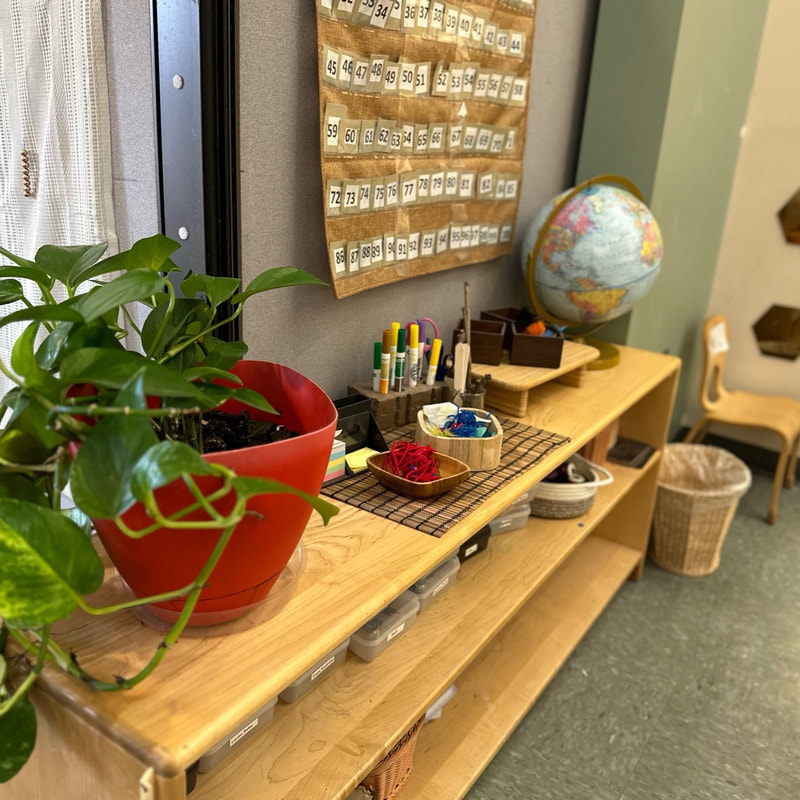How The ACCESS Curriculum works
|
Major Components of The ACCESS CurriculumThe following components are how ACCESS teachers and children spend the majority of time in their classroom.
Investigations are long-term, hands-on studies of a science topics that are relevant to the children's lives and rooted in their interests. Investigations often provide authentic experiences and help children to develop real-life skills.
Mini-Investigations are short term studies that are relevant to children and families, but may not be science focused. Mini-Investigations do not have to be rooted in child interests, but must be developmentally appropriate and carried out for a limited period of time.
Daily Routines are predictable parts of the class schedule that reoccur each day. These routines often include play time, meals, rest time, whole group meetings and transitions.
In-betweens are periods of time in which classes take a break from investigations and mini-investigations. During this time teachers reflect on their practice (individually and as a team) and make any necessary adjustments to the classroom or routine. This time is also used to conduct individual screenings or formal assessments.
|




